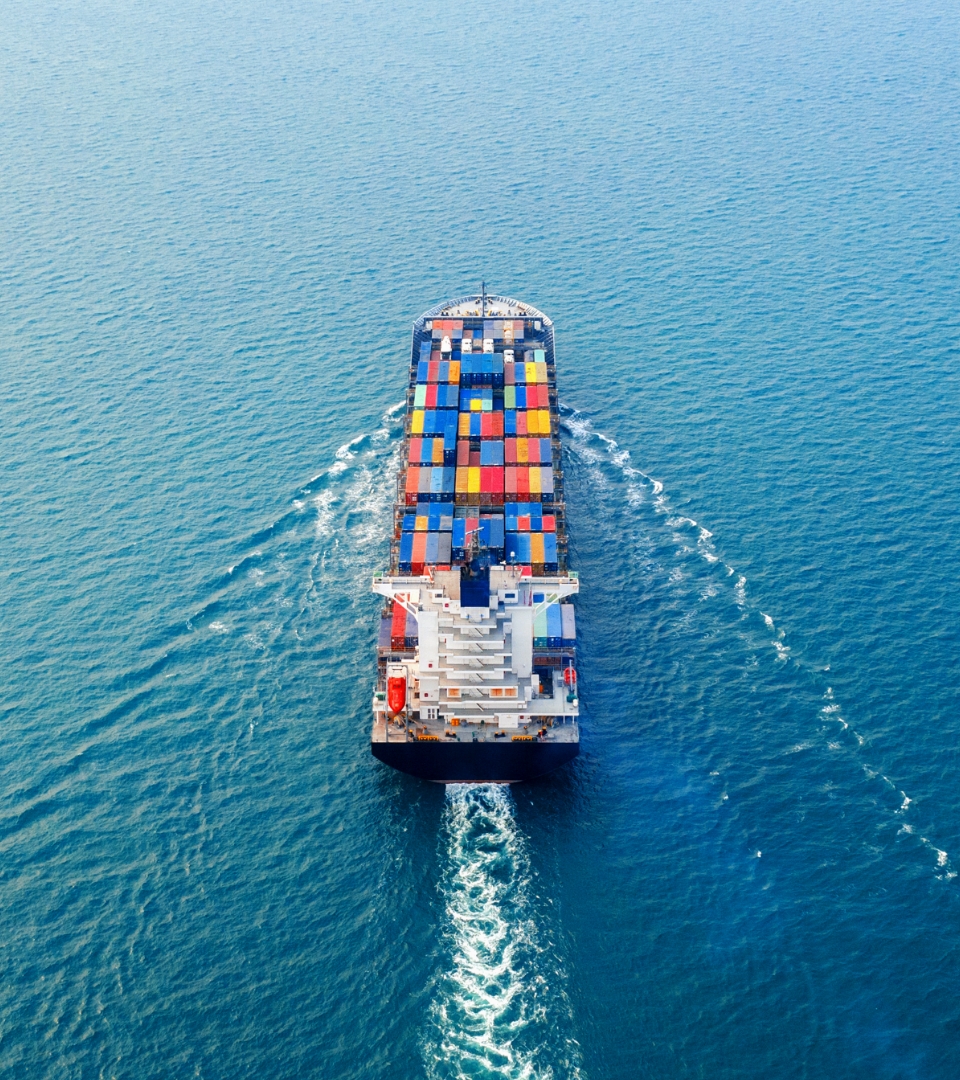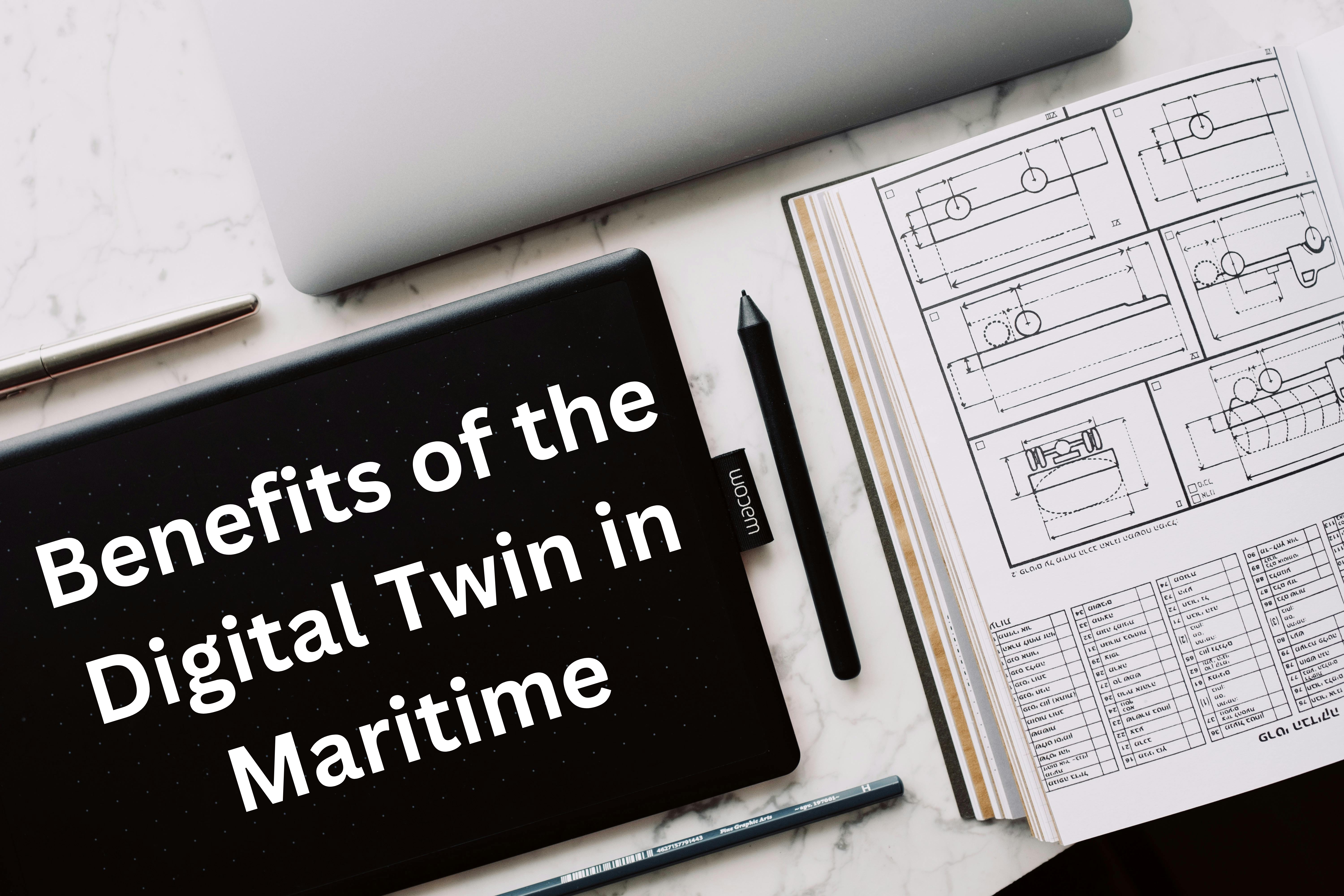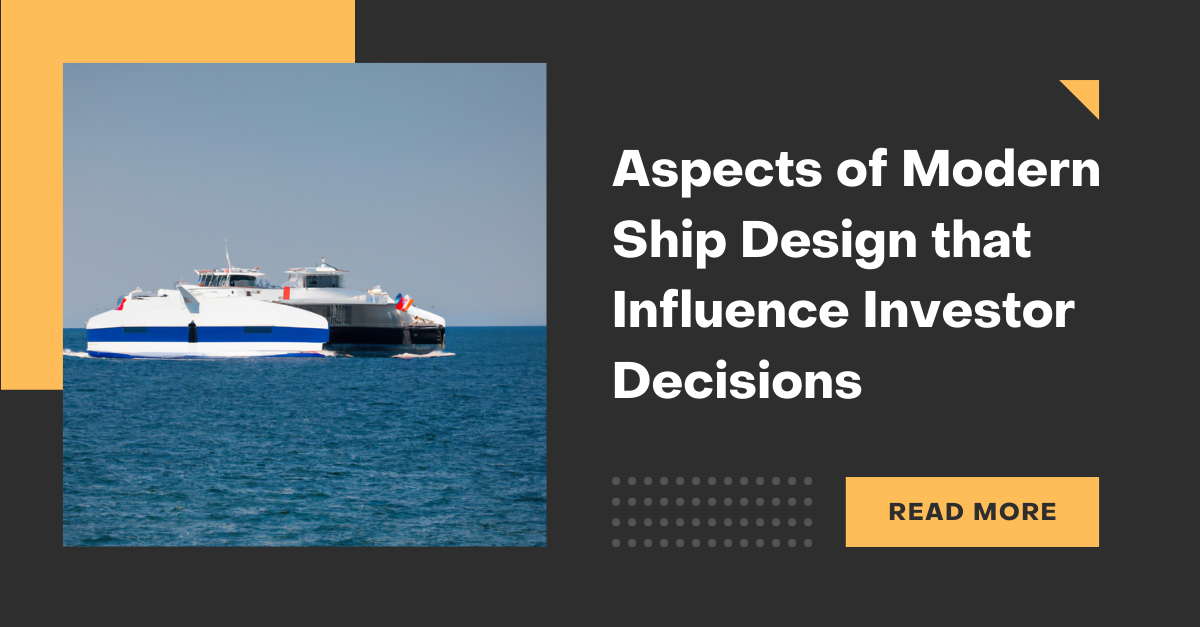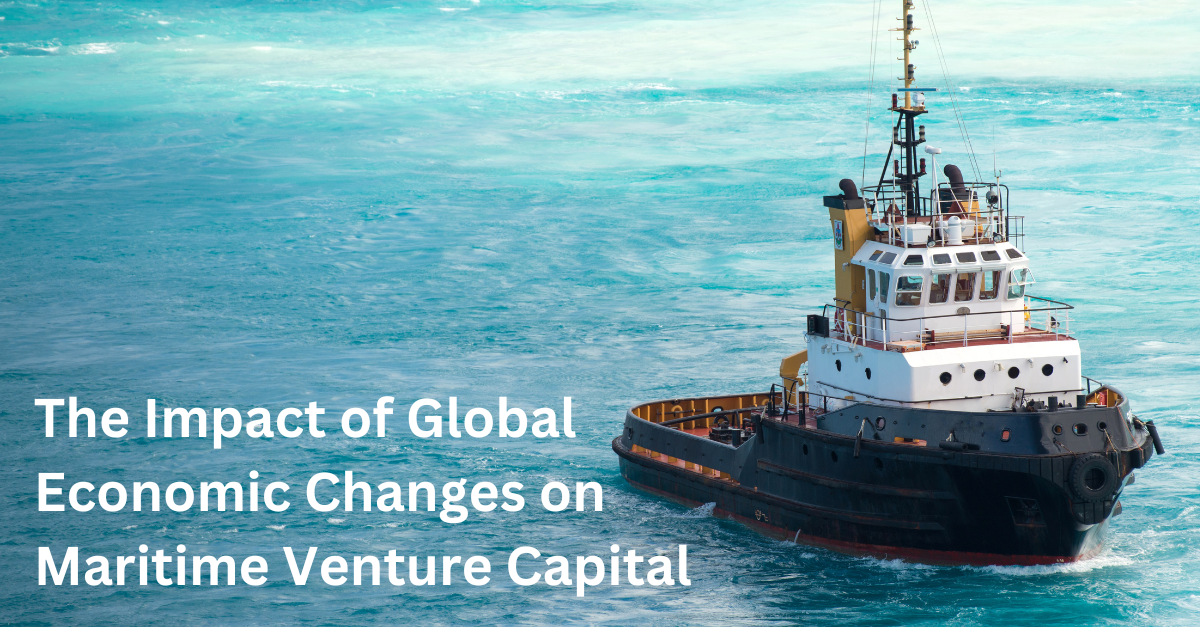
As the maritime industry strives forward towards its decarbonisation goals, digitalisation has emerged as a key contributing factor. From gathering essential data to effective energy management, let’s explore how digitalisation is driving the transition towards a low-carbon future.
Data for Efficiency
Digitalisation in the maritime industry involves leveraging advanced technologies to gather, process, and analyse vast amounts of data. Obtaining such data can help shipping companies to optimise their operations, leading to significant reductions in fuel consumption and carbon emissions.
Through the installation of various sensors, smart meters, and monitoring systems, vessels can collect data on fuel consumption, engine performance, weather conditions, and cargo load. This wealth of information empowers companies to make data-driven decisions, improve operational efficiency, and ultimately minimise their environmental impact.
Smart Ports and Port Operations
Digitalisation extends its benefits beyond the open sea and into port operations. Smart ports leverage technologies such as Internet of Things (IoT) sensors, automation, and artificial intelligence to streamline processes, increase efficiency, and reduce emissions. For example, the MagicPort portal enables users to find key information about vessels, ship owners and managers, suppliers and service providers easily. Users are able to share information about themselves to gain visibility and trust as well as enhace their operations with satellite-based live vessel locations.
Additionally, their app is a comprehensive mobile platform for seafarers that facilitates profile management, industry networking, AI-powered assistance, voyage data logging, and seamless communication to enhance the seafaring experience. Through such digital innovations, the maritime community is empowered to enable smart and sustainable shipping.
Condition-Based Maintenance
Maintenance in the maritime industry traditionally followed a fixed schedule, leading to unnecessary repairs and wastage of resources. With advanced technology, sensors and real-time monitoring tools enable predictive maintenance requirements rather than following the default maintenance schedule. By continuously collecting data on engine performance, equipment conditions, as well as wear and tear, potential issues can be identified and addressed proactively. This not only prevents unexpected breakdowns but also optimises maintenance routines, reducing downtime and overall energy consumption.
Sparking New Innovation
With the rise of advanced technology, there will naturally also be a demand for skilled professionals. Digitalisation in the maritime industry creates green jobs to promote sustainability and reduce carbon emissions.
For example, the integration of renewable energy sources such as wind and solar power means vessels are more energy-efficient and environmentally friendly – spurring a demand for skilled workers to design, install, and maintain these systems. Not only that, the creation of digital platforms that enable efficient monitoring of vessel performance fosters the need for specialists who are able to analyse and implement eco-friendly practices.
Furthermore, the development and maintenance of innovative digital solutions necessitate a workforce skilled in software development, cybersecurity, and data management. As the maritime industry embraces digitalisation to achieve sustainability goals, it creates a diverse range of green jobs, driving economic growth and in return, minimises environmental impact.








